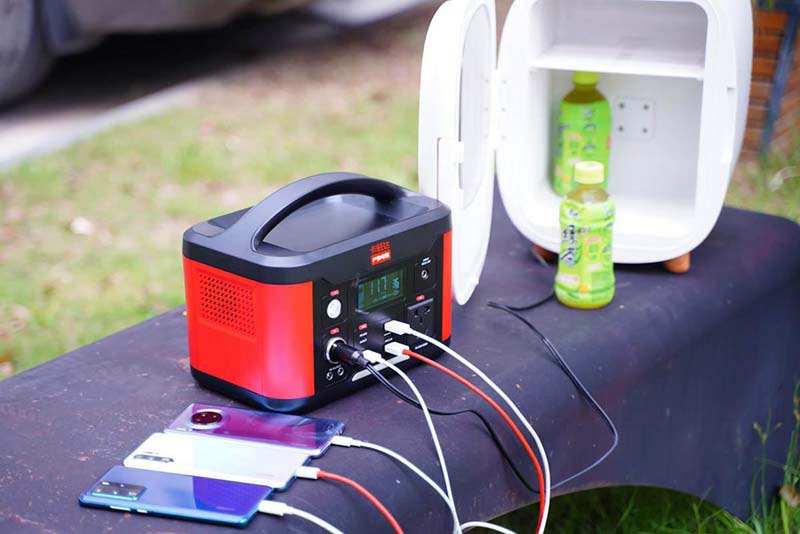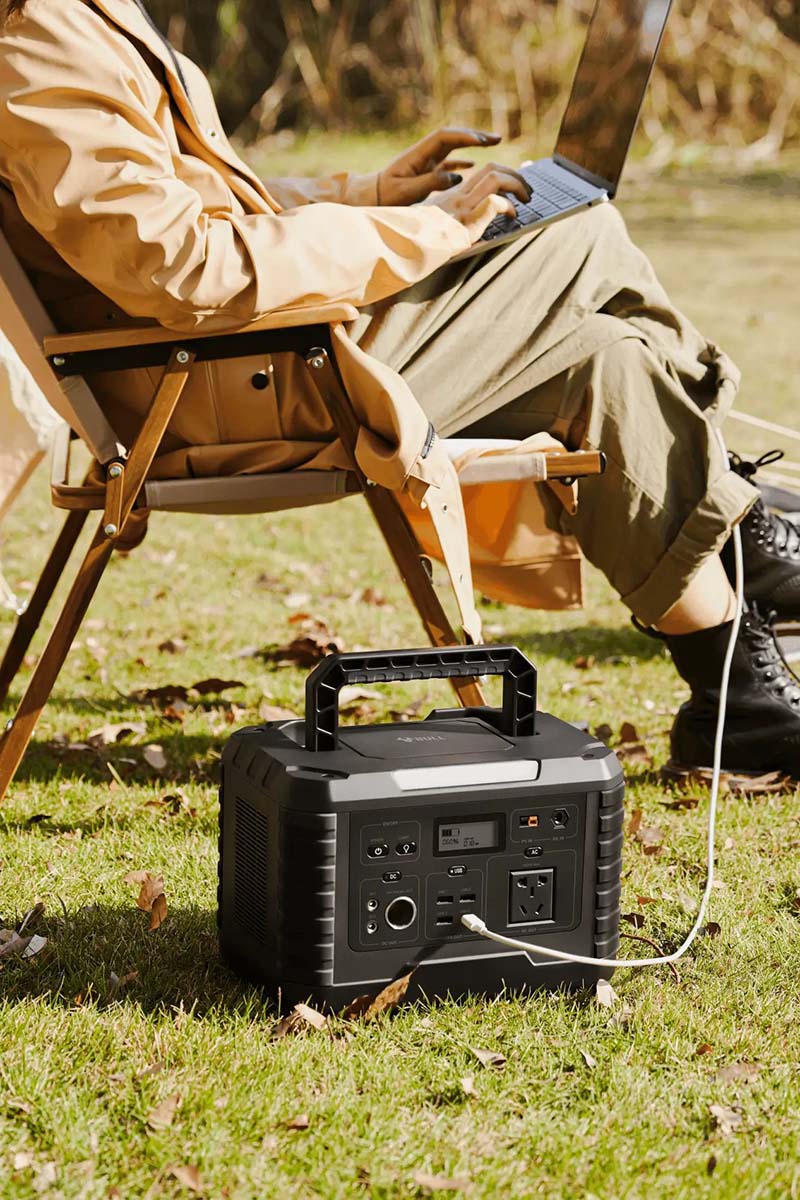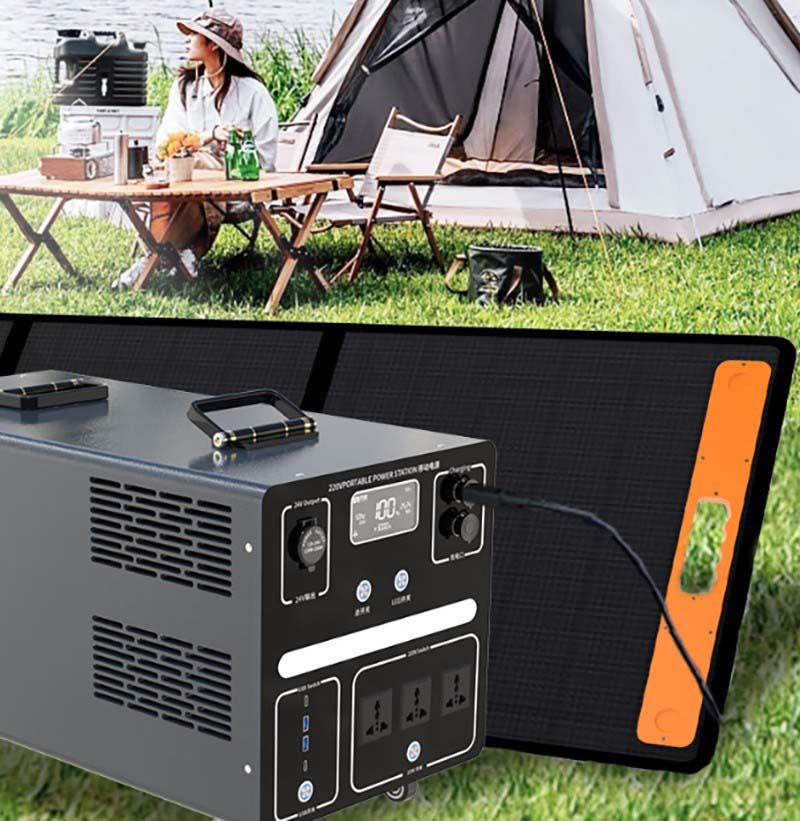battery generator vs gas generator
Portable power station can be used for Walkmans, LED camping lights, Smart pill boxes, Sports heart rate monitors, Digital cameras, etc, When it comes to choosing a power source for your outdoor adventures or emergency needs, understanding the difference be...

Essential Devices Powered
- Charging/discharging status indicator lights provide a clear visual indication of the operating mode.
- Some models include a charging fault indication function, making it easier to troubleshoot problems promptly.
- Peak power can reach twice the rated value, easily starting heavy-duty equipment such as air conditioners and water pumps.
- Equipped with an MPPT solar controller, conversion efficiency ≥98%.
- It features PowerZip fast charging technology to shorten charging time.
Camping Benefits
- Communication line emergency repair fusion splicer operation
- Power supply for express sorting equipment (barcode scanners/weighing machines) in remote areas
- Forestry fire prevention monitoring cameras (mountainous areas without power grids)
- Portable outdoor pet water fountain/feeder powered
- Electronic fishing float power supply
When it comes to choosing a power source for your outdoor adventures or emergency needs, understanding the difference between Battery Generators and gas generators is crucial. Battery generators, also known as portable power stations, are clean, quiet, and environmentally friendly. They operate without fuel combustion, producing zero emissions, making them ideal for indoor use and eco-conscious users. Their compact design and ease of use allow for quick setup and maintenance-free operation. However, battery generators have limited run time and power capacity, relying on rechargeable batteries that need to be replenished after use. On the other hand, gas generators are known for their high power output and longer continuous run times. They are capable of powering larger appliances and tools, making them suitable for heavy-duty applications and extended power outages. However, gas generators are noisy, emit fumes, and require regular maintenance such as fuel refilling and oil changes. They also pose safety concerns when used indoors due to carbon monoxide risks. In summary, if you prioritize portability, quiet operation, and eco-friendliness, a battery generator is the way to go. For higher power demands and longer usage, a gas generator remains a reliable choice. Understanding your power needs will help you select the best option for your situation.


